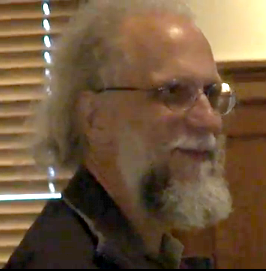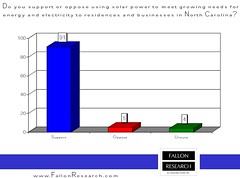Hm, a billion a year, like Georgia’s “950 plus million budget” that we also can’t afford.The Arizona Department of Corrections has given a green light to four private, for-profit correctional management corporations for the construction and management of an additional 5,000 state prison beds.
The American Friends Service Committee condemns this action as unnecessary and deeply irresponsible given the state’s economic crisis and the dismal safety records of all four of the corporations involved.
Arizona’s Auditor General estimates this expansion will cost us over $640 million by 2017. Yet our prison population only grew by only 65 inmates in 2010.
This year, our corrections budget is over $1 billion, consuming 11% of the state general fund. The Department of Corrections was the only state agency whose budget saw an increase this year.
The Tucson article cites the NY Times article that demonstrations private prisons don’t save money, continues with examples of worse public safety at private prisons, and concludes: Continue reading


 For a year I’ve been asking for a list of jobs attracted by the
Authority. We welcome your marketing expertise so we’ll know
the Authority’s successes!
For a year I’ve been asking for a list of jobs attracted by the
Authority. We welcome your marketing expertise so we’ll know
the Authority’s successes!






